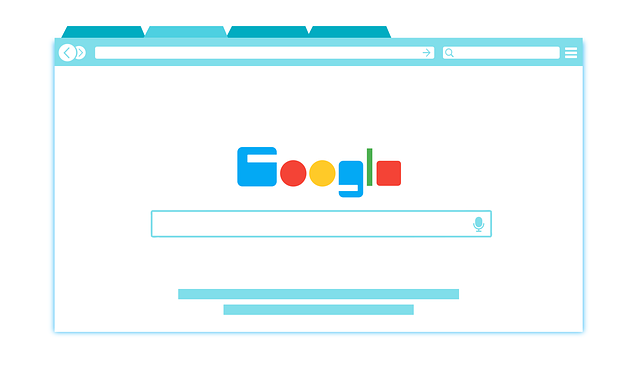Marketing automation for customer loyalty involves using software to personalize and automate marketing tasks, creating tailored experiences that build stronger connections with customers. Tools streamline sales funnels, nurture leads, and deliver targeted content. Integrating automated loyalty programs enhances these efforts by automating rewards and offers through platforms like WhatsApp, optimizing landing pages for conversions. Success is measured via KPIs like redemption rates and member retention to optimize strategies based on data insights, driving long-term customer loyalty.
In today’s digital landscape, marketing automation has transformed how businesses engage with customers. As brands seek to foster deeper connections, understanding marketing automation for customer loyalty is crucial. This article explores effective strategies for implementing automated loyalty programs that scale, seamlessly integrating with existing marketing tools. We delve into key aspects such as program integration, measurement, and optimization techniques to enhance customer engagement and drive business growth.
- Understanding Marketing Automation for Customer Loyalty
- Integrating Automated Loyalty Programs Seamlessly
- Measuring Success and Optimizing Engagement
Understanding Marketing Automation for Customer Loyalty

In today’s digital era, marketing automation has become a powerful tool for businesses aiming to foster customer loyalty. It involves using software to automate and streamline various marketing tasks, enabling companies to engage with their target audience more effectively. By leveraging marketing automation, businesses can create personalized experiences tailored to individual customer preferences, thereby fostering deeper connections and encouraging repeat purchases. This strategy is particularly beneficial for scaling operations, as it allows for efficient management of large customer databases without compromising on the level of interaction.
Marketing automation tools play a pivotal role in creating structured sales funnels, allowing companies to nurture leads and guide them through each stage of the buyer’s journey. From initial contact to conversion and retention, these platforms automate tasks like email campaigns, targeted advertising, and personalized content delivery. This not only enhances customer satisfaction but also provides valuable insights into consumer behavior, enabling businesses to refine their strategies over time. As a result, brands can build a loyal customer base by delivering relevant, timely, and compelling messaging through automated means.
Integrating Automated Loyalty Programs Seamlessly

Integrating automated loyalty programs into your marketing strategy is a seamless process when paired with effective marketing automation tools. These platforms serve as a bridge between customer interactions and business goals, enabling companies to create personalized experiences at scale. By automating rewards, points systems, and exclusive offers, businesses can ensure consistent engagement without manual intervention. This not only streamlines operations but also fosters deeper customer relationships by delivering tailored incentives aligned with individual preferences.
Moreover, leveraging automation tools like WhatsApp marketing enhances this integration. Messaging platforms allow for direct communication, enabling businesses to send personalized loyalty updates, exclusive deals, and targeted promotions directly to customers’ smartphones. Optimizing these automated interactions through well-designed landing pages ensures a seamless user experience, driving conversions and encouraging repeat business.
Measuring Success and Optimizing Engagement

Measuring success is a cornerstone when implementing loyalty programs integrated with marketing automation for customer loyalty. Key performance indicators (KPIs) such as redemption rates, member retention, and average order value provide valuable insights into program effectiveness. By analyzing these metrics, businesses can identify trends, pinpoint areas for improvement, and make data-driven decisions to optimize their strategies. For instance, a high redemption rate might indicate successful incentives, while low retention could signal the need for more personalized engagement.
Optimizing engagement involves leveraging advanced features of marketing automation tools, such as segmentation and targeted email campaigns. A CRM (customer relationship management) system can segment customers based on purchase history, demographics, or behavior patterns. This enables businesses to deliver relevant offers through email marketing, enhancing the overall customer experience in ecommerce solutions. Personalized communications foster a sense of exclusivity and encourage repeat purchases, thereby driving program success and fostering long-term customer loyalty.
Marketing automation for customer loyalty is no longer a trend but a necessity. By seamlessly integrating automated loyalty programs, businesses can enhance customer engagement, drive repeat purchases, and foster long-term relationships. Through effective measurement and continuous optimization, these strategies not only scale but also adapt to individual customer preferences. As we navigate the digital landscape, adopting marketing automation tools for loyalty programs is a game-changer that ensures business growth and customer satisfaction.
